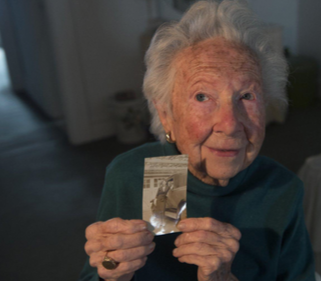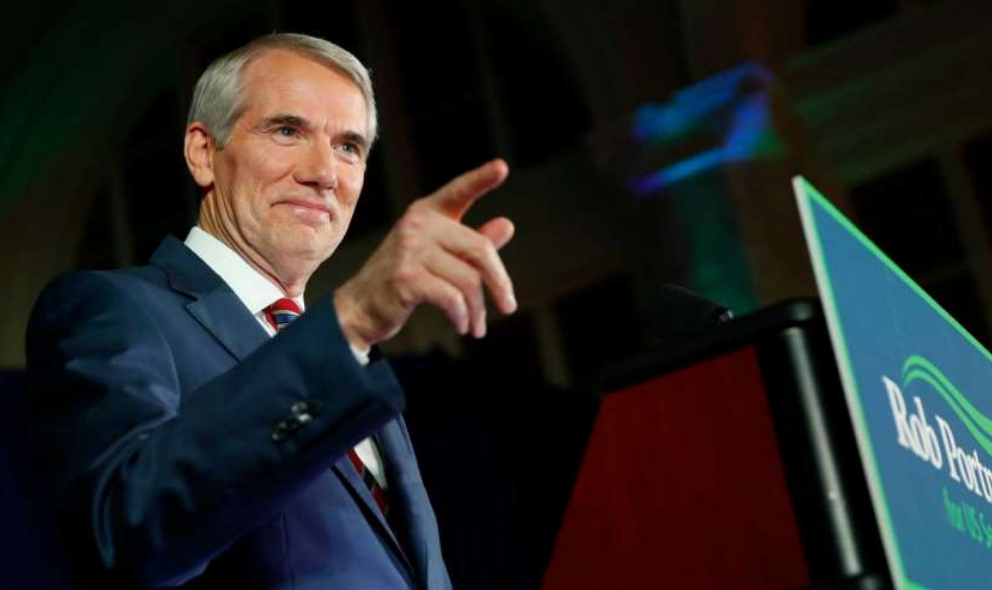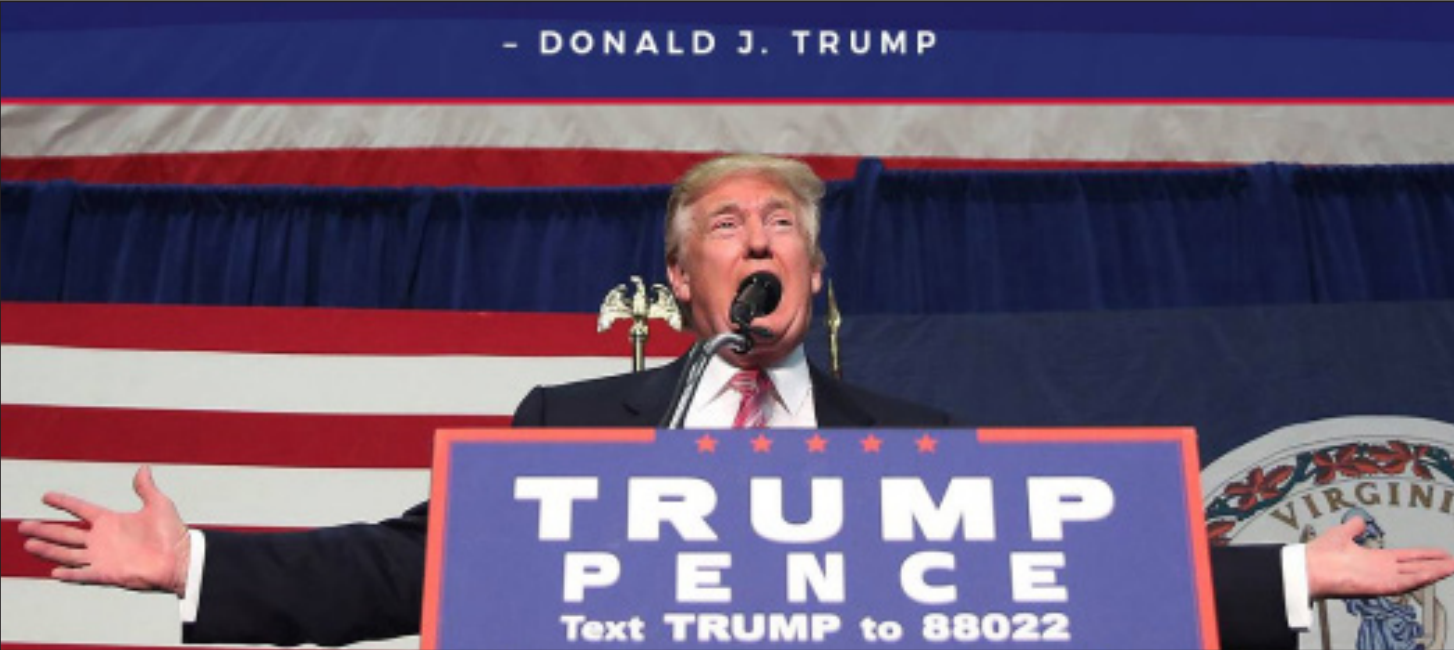By John Bonus, Transcript Reporter
From start to finish, this election has been anything but ordinary. Since candidates first started announcing their campaigns, America has been on one of the wildest political roller coasters in history.
While there have been many surprising moments in this election, some stand out above the rest. These are the most memorable moments from the 2016 election.
Donald Trump announced his candidacy for president. Trump announced he would be running for president at Trump Tower in New York City last June. It began with a long escalator ride down to the stage, followed by the first controversial speech that started it all. In that speech, he first used the slogan, “Make America Great Again,” and made comments about Mexico bringing drugs and crime as well as introduced his idea to build a wall on the border.
Enough of the emails. At the first Democratic Primary Debate, Hillary Clinton was being ques- tioned about her emails when Bernie Sanders stepped in her defense. “The American people are sick and tired of hearing about your damn emails,” Sanders said. The comment came as a surprise as it’s not typical for candidates to defend their opponents on stage.
Trump covered “Hotline Bling.” In an awkward yet hilarious parody on Saturday Night Live, Trump showed off his dance moves while singing a few lines to Drake’s hit song “Hotline Bling.” Marco Rubio made comments about the size of Trumps hands. This moment really was surprising, as up to this point Trump had been the only one making risky remarks. At one of his rallies, Rubio said Trump had small hands.
“And you know what they say about men with small hands,” Rubio said. Trump responded to Rubio’s comments at his rally, assuring his supporters that there was, “no problem.”
Birdie Sanders. At a rally in Portland, a small bird landed on the podium while Sanders was giving a speech. Sanders stopped mid-speech and acknowledged the bird while the audience applauded.
The Clintons’ obsession with fireworks and balloons at the Democratic National Convention. After it was announced Clinton was the nominee, fireworks were launched and Clinton gave an expression as though she had never seen fireworks before. Bill Clinton also seemed to have an obsession with the balloons. After Hillary spoke, he continued to play with the balloons, while people took pictures of him, creating some hilarious candids.
Alfred E. Smith Memorial Foundation Dinner. At a fundraiser dinner in New York, both Clinton and rump had the opportunity to make comments in regard to the election.
It was an informal face-off between the candidates and the speeches were intended to be hu- morous. However, both candidates didn’t shy away from using the opportunity to throw some harsh jabs at each other.
Recording of Trump’s com- ments about women. A recording of Trump making vulgar com- ments about women in 2005 surfaced in early October and it was shocking even for Trump.
In the recording,Trump said things such as, “When you’re a star, they let you do it.”
Trump received heavy backlash for the audio clip, even from his supporters.
This election has been controversial from the start, with some moments being hilarious and oth- ers leaving people scratching their heads.
And now that the election is over, Americans may wonder where they will get their entertainment from in the future.




